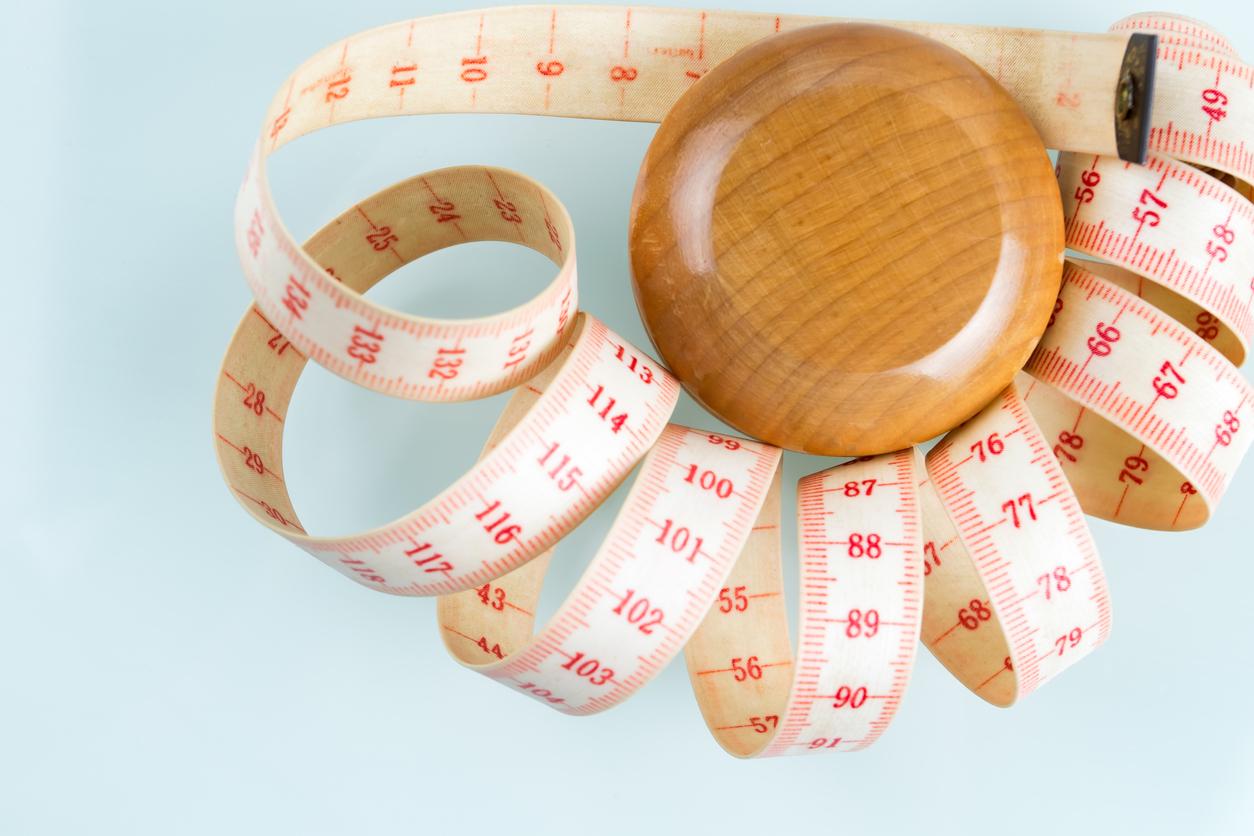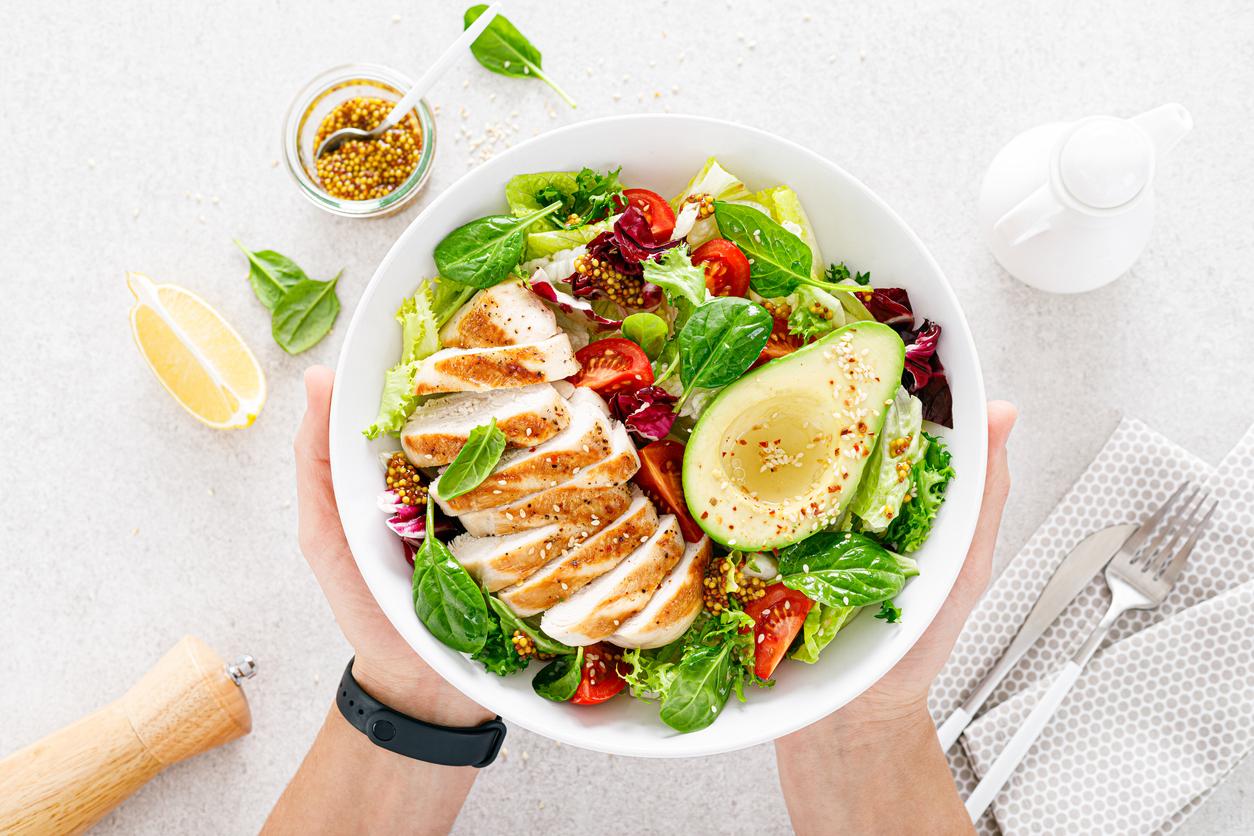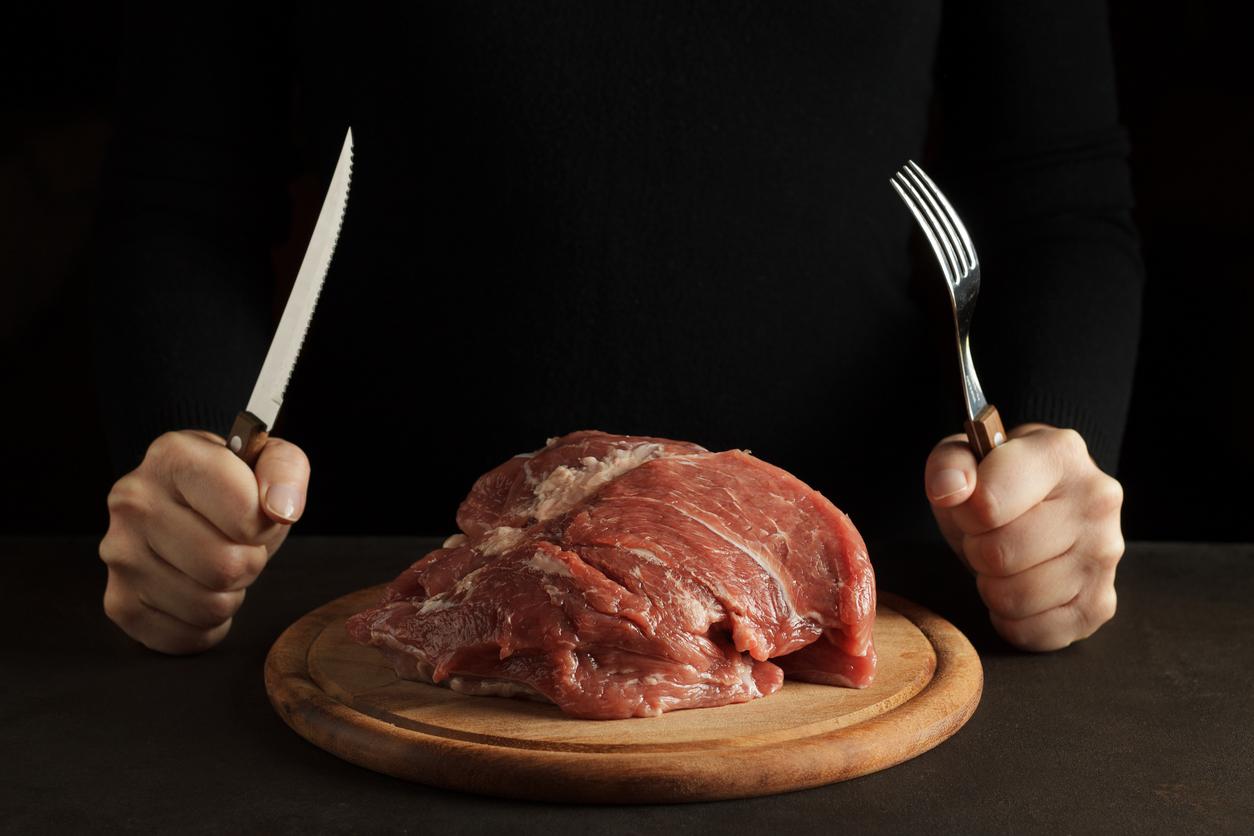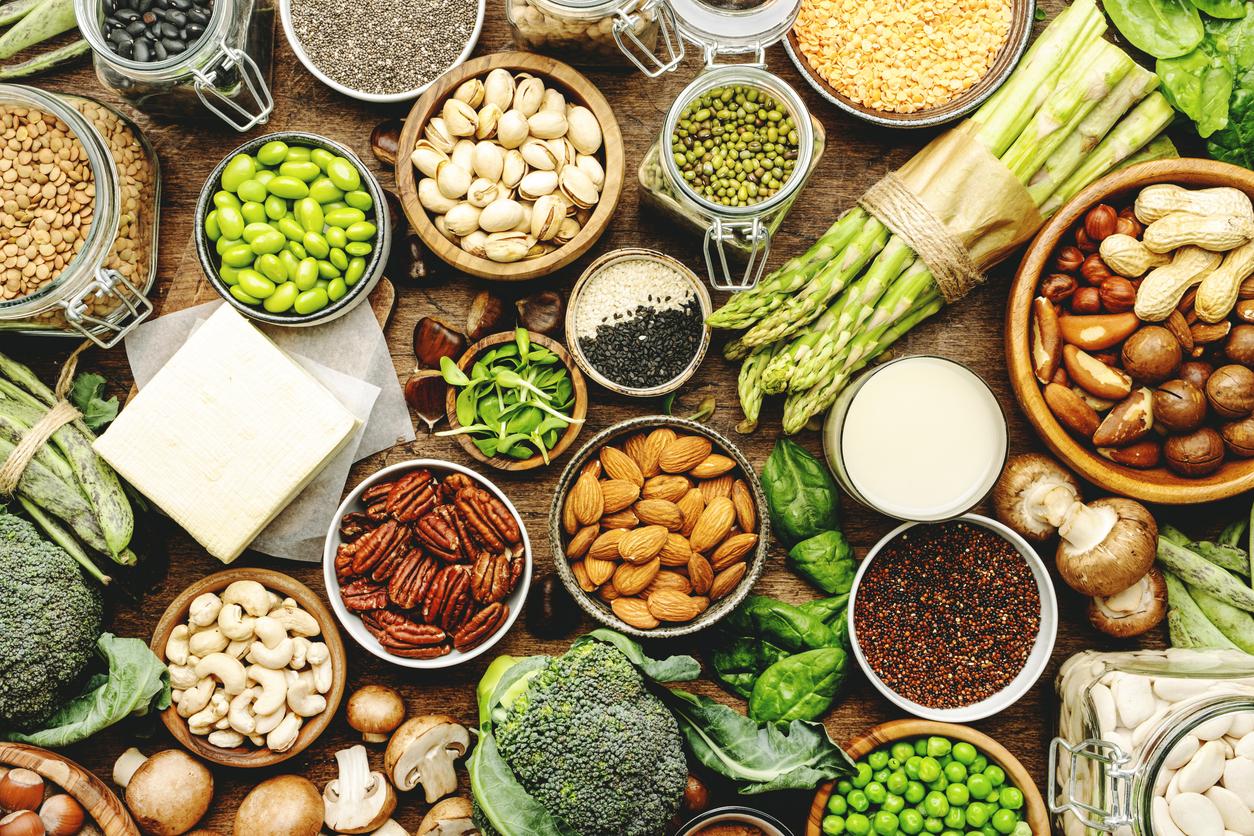As part of a diet aimed at losing weight, sugar-free drinks are false friends due to the presence of sucralose, an artificial sweetener that increases appetite.
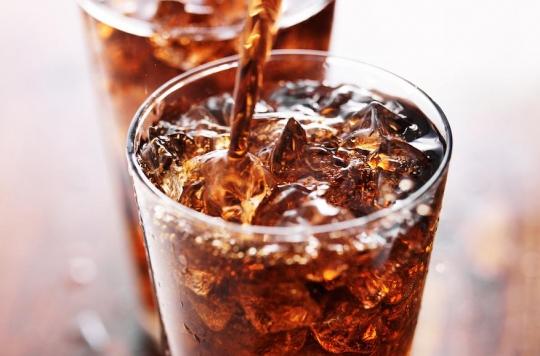
- Suclarosis causes increased activity in areas of the brain responsible for food cravings and appetite in women and obese people.
- The sweetener also causes a decrease in hormone levels that tell the body that it is full.
To lose weight, many people turn to sugar-free drinks, excess of which is known to promote weight gain. Problem, many diet sodas contain sucralose, an artificial sweetener that has the effect of increasing cravings and appetite, especially in women and obese people. This is the conclusion of a study published on September 28 in the journal JAMA Network Open.
The effects of sweeteners debated
Until then, the health consequences of artificial sweeteners remain unclear and no clear scientific consensus on effects on appetite, glucose metabolism, and body weight exists. “There is controversy surrounding the use of artificial sweeteners as many people use them for weight loss.points Kathleen Page, researcher at the University of South California (USC) and lead author of the study. While some studies suggest they may be helpful, others show they may help with weight gain, type 2 diabetes, and other metabolic disorders. Our study looked at different population groups to determine some of the reasons for these conflicting results..”
For this research, scientists looked at 74 participants, including an equal number of men and women with a so-called healthy weight, overweight or obesity, allowing researchers to explore potential differences between population groups. In three different experiments, they consumed 300 milliliters of a drink sweetened with sucrose (table sugar), sucralose, or water. Within two hours of eating them, the researchers measured three things: activation of brain regions responsible for appetite and food cravings in response to images of high-calorie foods; the level of glucose (blood sugar), insulin and other metabolic hormones in the blood; and the amount of food consumed from a snack buffet provided at the end of each session.
Sucralose does not suppress hunger
The results showed increased activity in brain regions responsible for food cravings and appetite in women and obese people after consuming drinks containing sucralose compared to drinks containing real sugar. Researchers also found decreased levels of hormones that tell the body that it is full after participants drank the sucralose-containing drink compared to the sucrose-containing drink, suggesting that the artificially sweetened drinks may not be effective in suppressing hunger. Finally, after the participants drank the drink containing sucralose, they ate more from the snack buffet than after drinking the drink containing sucrose. Among men, no difference was perceived on the consumption of the buffet.
“Our study begins to provide context for the mixed results of previous studies regarding the neural and behavioral effects of artificial sweeteners.welcomes Kathleen Page. By studying different groups, we were able to show that women and obese people may be more sensitive to artificial sweeteners. For these groups, drinking artificially sweetened beverages can cause the brain to feel hungry, which in turn can lead to increased calorie consumption..” The researcher recommends interpreting these results with caution, however, as all participants fasted overnight before the study and were likely hungrier than usual.
.








